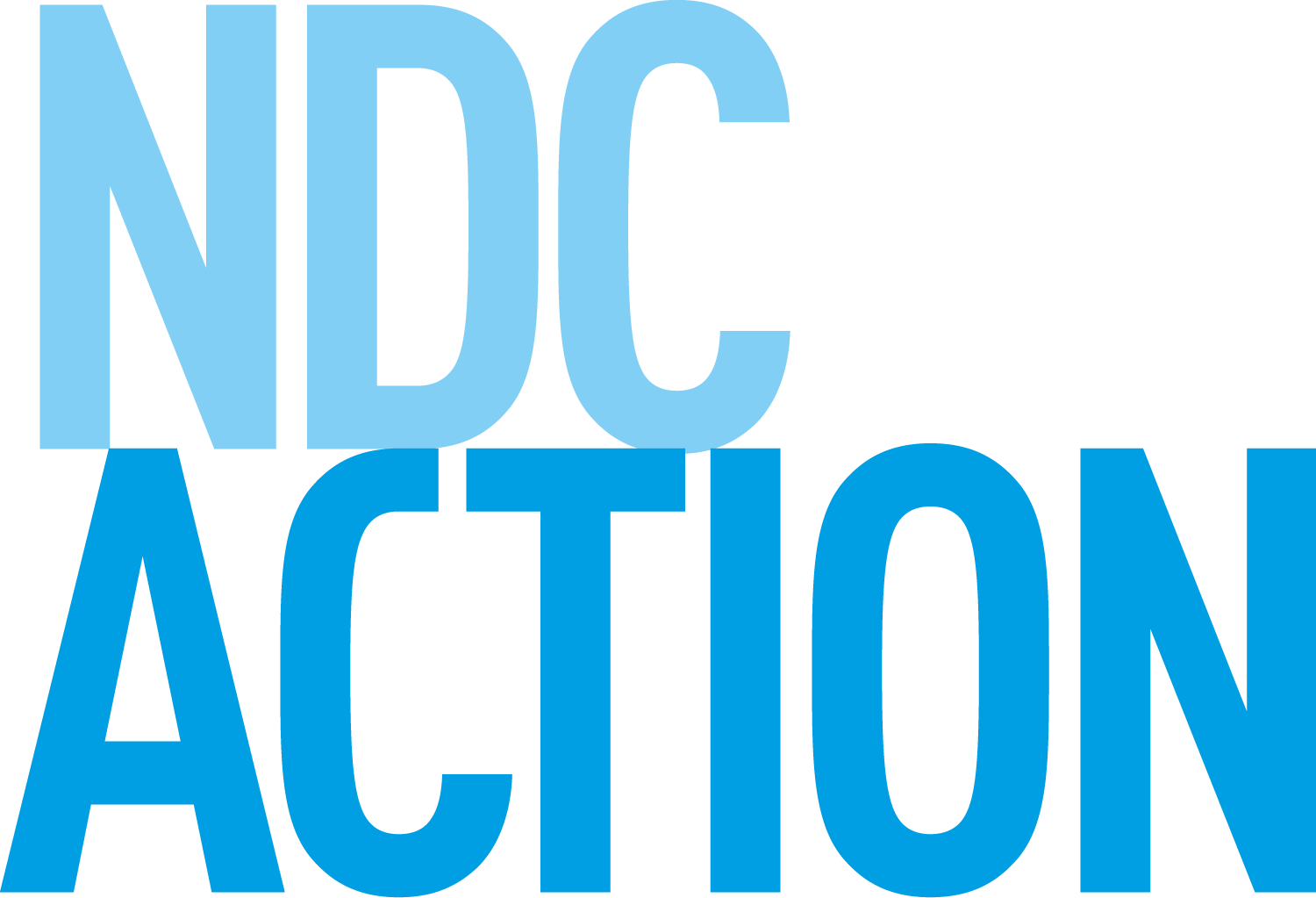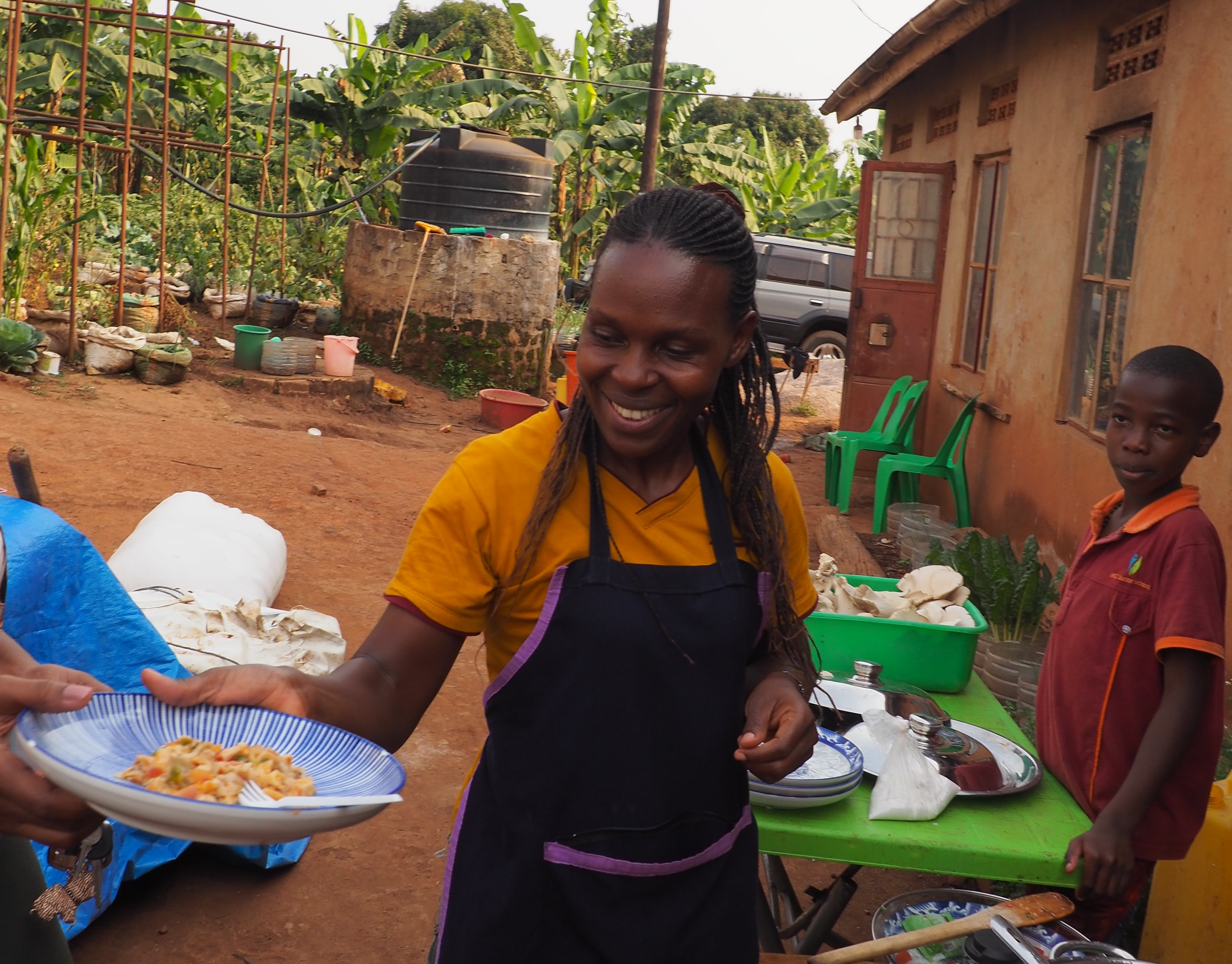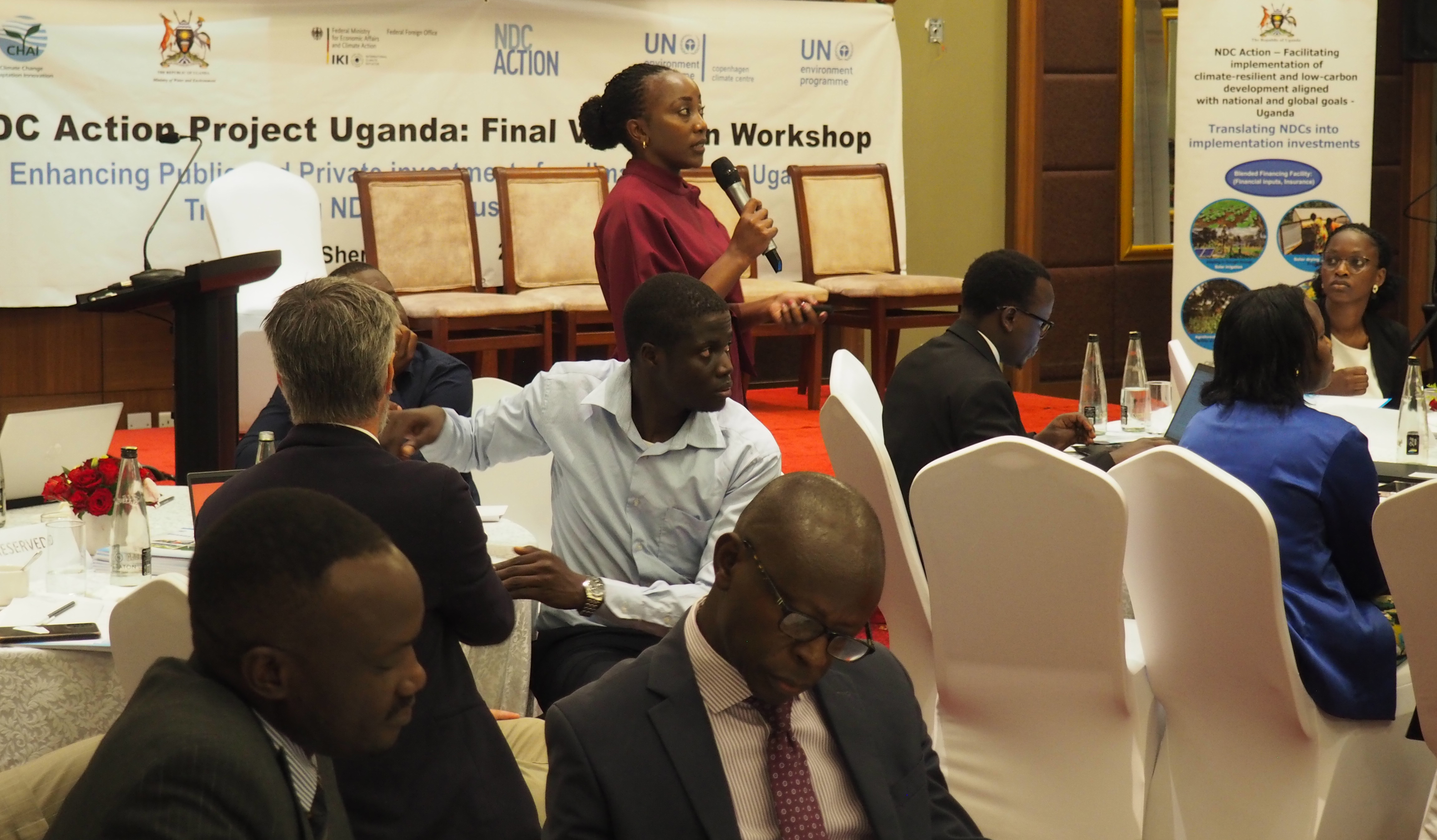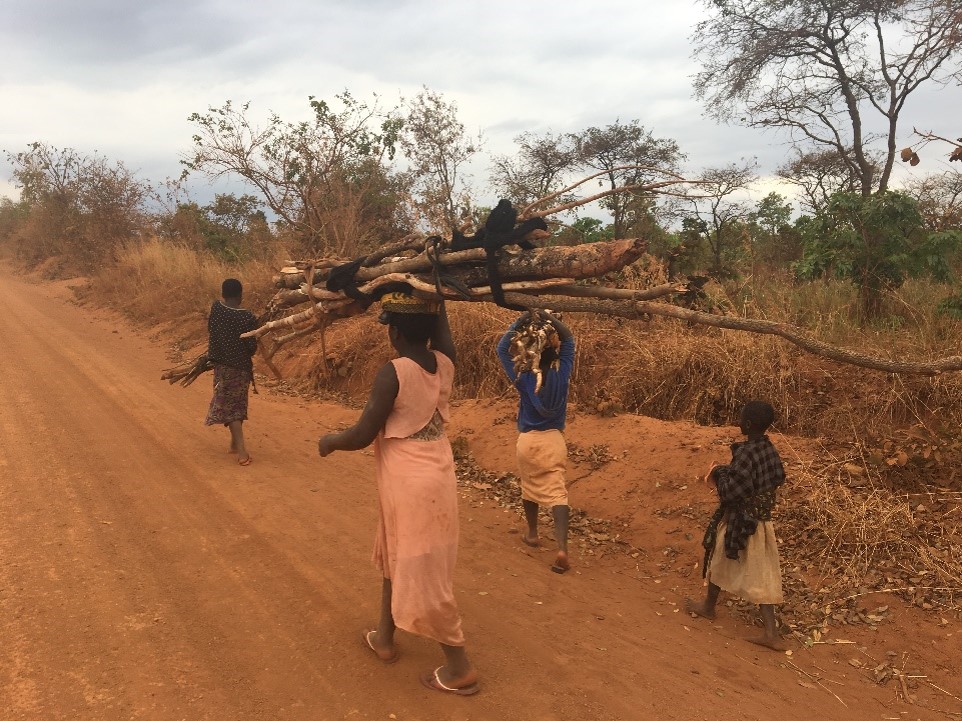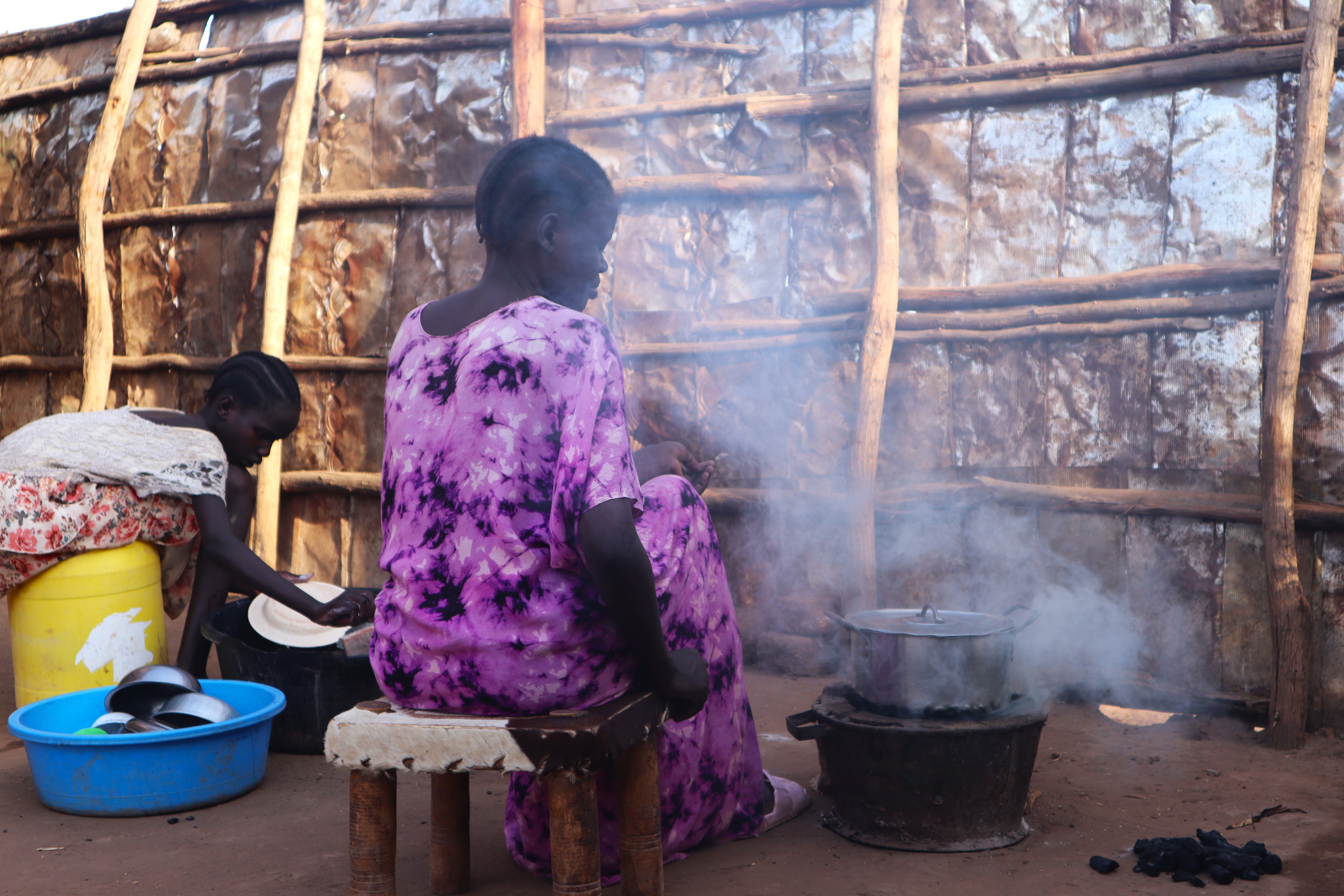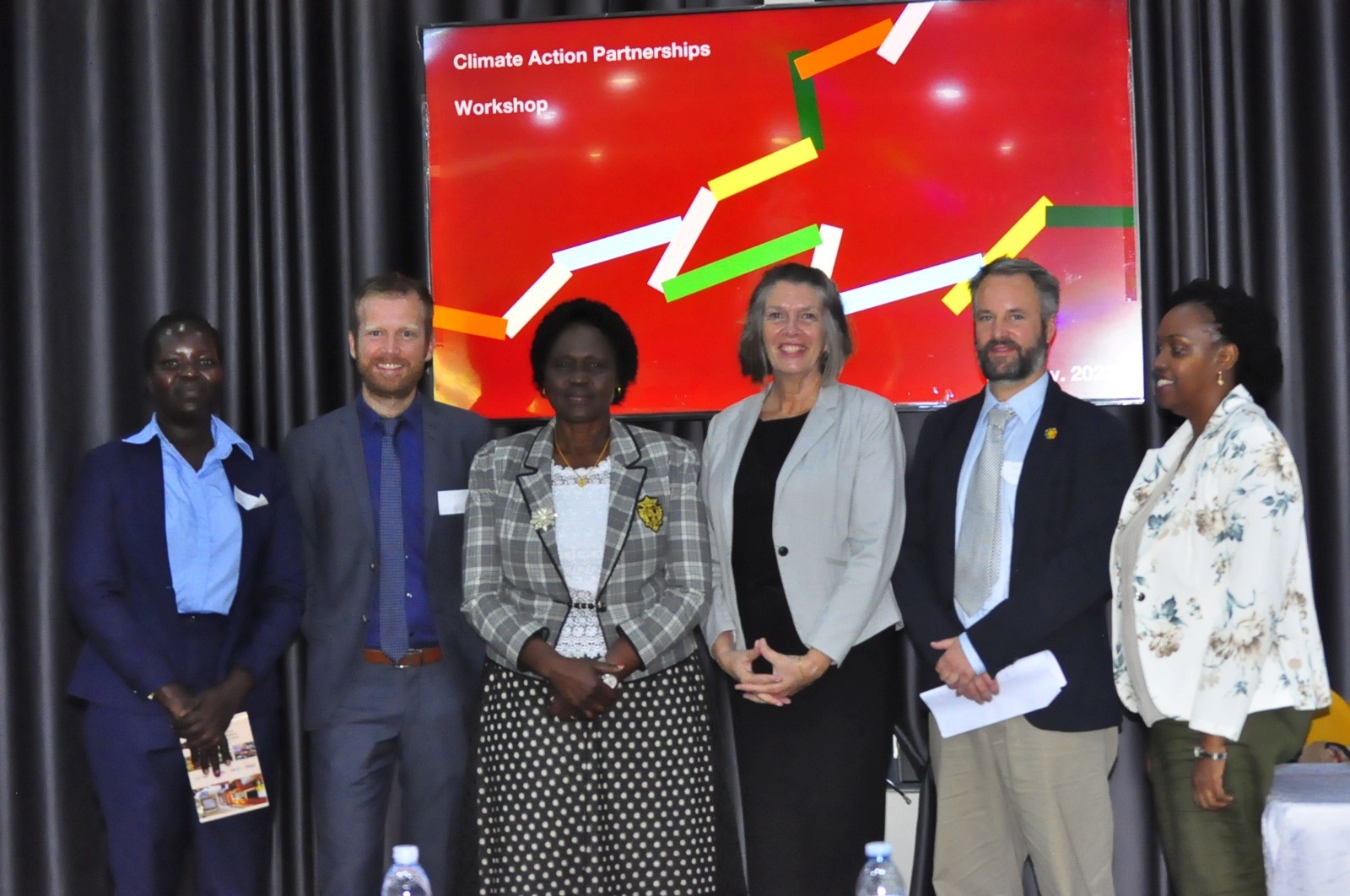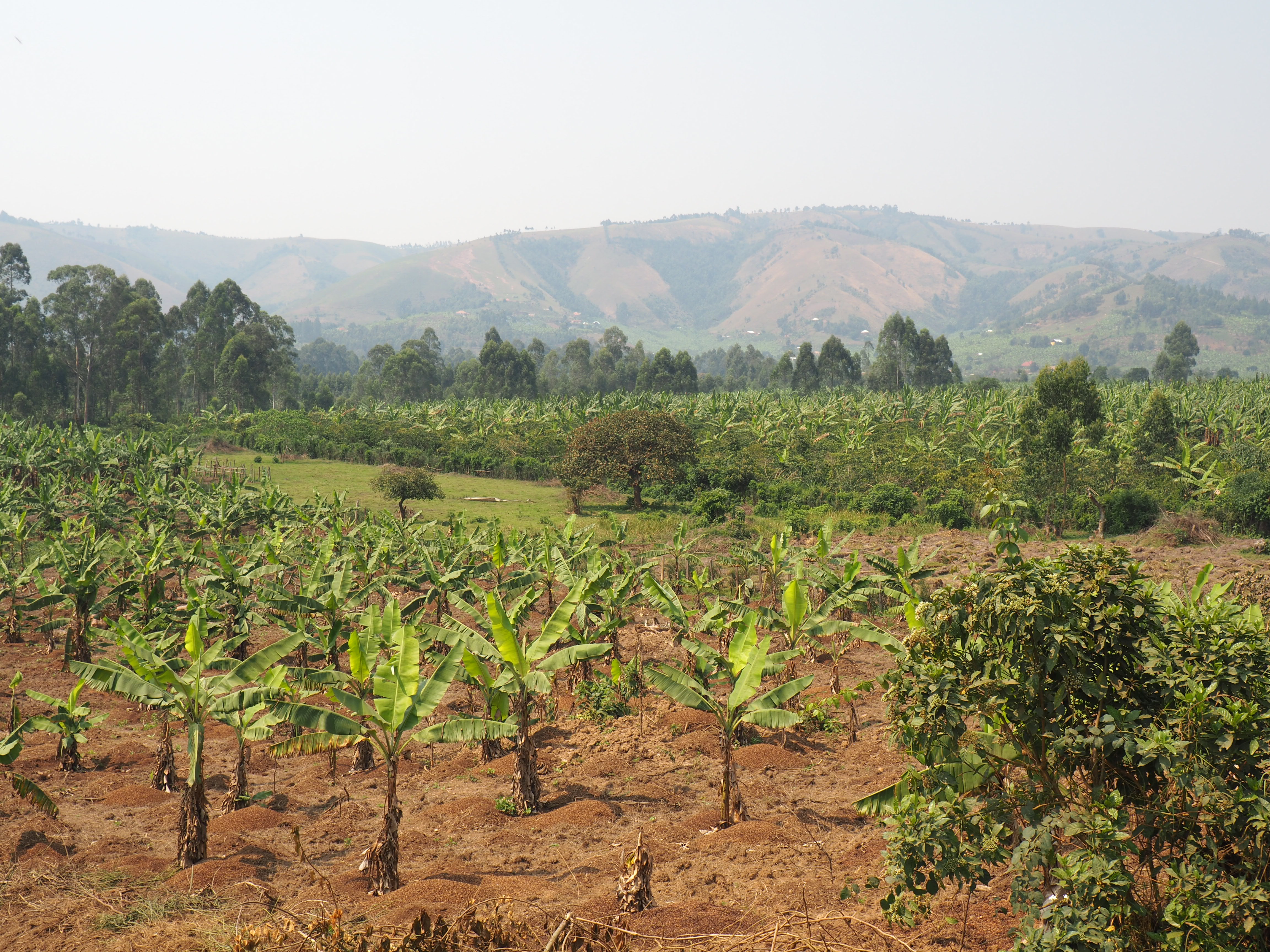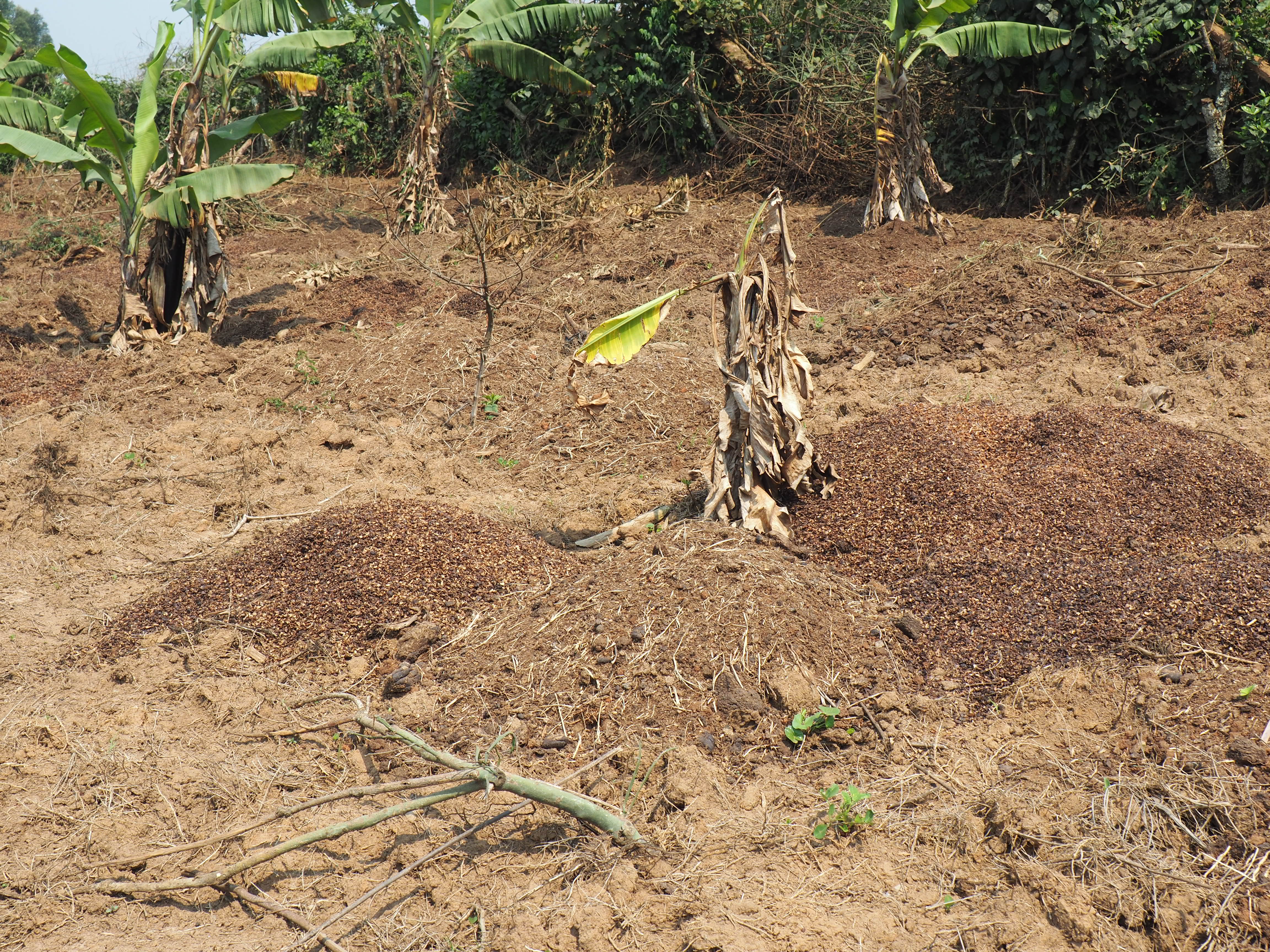In Uganda, the shift towards electric cooking technologies represents a promising alternative to traditional cooking methods reliant on unsustainable charcoal and firewood. These conventional fuels are not only becoming increasingly expensive but also pose significant health risks, including respiratory diseases caused by household air pollution.
Electric cooking systems offer substantial savings, often allowing users to recover their initial investment within one to two years. The Ugandan government, with international support, is providing policy and financial incentives to help overcome capital barriers to accessibility, aiming for a 20% national adoption rate by 2030 as outlined in its national clean cooking strategy.
This technology transition aligns with this Uganda’s NDC, where renewably-powered e-cooking can save 2-4 tonnes/year of CO2 emissions per stove, per year, against the average baseline scenario. As with any ‘green energy transition’, interventions are needed to activate or boost both the supply and demand side, to create and grow the market for this group of game-changing technologies which also deliver adaptation-side climate benefits by reducing pressure on forest resources.
In Uganda the needs are most acute in the country’s refugee-hosting areas where biomass energy consumption is a major driver of land degradation and some families have resorted to dangerous practices, such as burning plastic bottles for cooking. To help address this need UNEP Copenhagen Climate Centre has joined forces with Last Mile Climate to mobilize resources for the multistakeholder SOLCO initiative, launched at both the Global Refugee Forum and COP28 under the Global electric Cooking Coalition (GeCCo).
Read more about the health risks from using fossil fuels for cooking, and what can be done here.
E-cooking in national climate finance
UNEP, though the Copenhagen Climate Centre and National Technical Institute CHAI, has supported the Government of Uganda with technical analysis and resource mobilization for NDC implementation with a focus on expanding markets for rural PV-powered applications including irrigation pumps and e-cooking technologies under the German-funded NDC Action project.
Key outputs and proposals from this project have been included in Uganda’s National Climate Financing Strategy, developed by the Ministry of Finance in coordination with the Ministry of Energy and Minerals Developments.
Building resilience and development while cutting emissions
Electric cooking technologies retain heat efficiently, allowing for extended cooking times without additional energy input. This is compatible with traditional cooking practices, particularly for staple dishes like matoke, which are culturally significant in Ugandan households.
Through the NDC Action project, Uganda is enhancing its commitment to climate action by promoting electric cooking as part of broader efforts to invest in clean energy and energy efficiency. This collaborative effort aims to build resilience in communities, improve energy access, and foster sustainable development across the country. By investing in electric cooking solutions, Uganda is paving the way for a healthier, more sustainable energy future.
